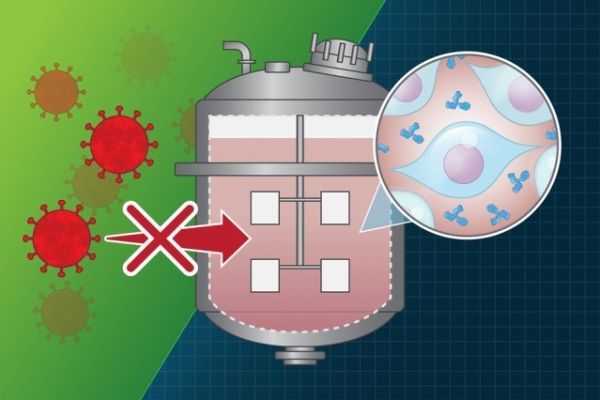Study Analyzes Contamination In Drug Manufacturing Plants
Over the past few decades, there have been a handful of incidents in which manufacturing processes for making protein drugs became contaminated with viruses at manufacturing plants. These were all discovered before the drugs reached patients, but many of the incidents led to costly cleanups and in one instance a drug shortage.
A new study from an MIT-led consortium has analyzed 18 of these incidents, most of which had not been publicly reported until now. The report offers insight into the most common sources of viral contamination and makes several recommendations to help companies avoid such incidents in the future.
While the study focused on biopharmaceuticals (protein drugs produced by living cells), the findings could also help biotech companies to create safety guidelines for the manufacture of new gene therapies and cell-based therapies, many of which are now in development and could face similar contamination risks.
Read more at Massachusetts Institute of Technology
Image: A new study from an MIT-led consortium, which analyzed 18 incidents of viral contamination at biopharmaceutical manufacturing plants, offers insight into the most common sources of viral contamination, and makes several recommendations to help companies avoid such incidents in the future. CREDIT: Betsy Skrip, MIT Center for Biomedical Innovation


